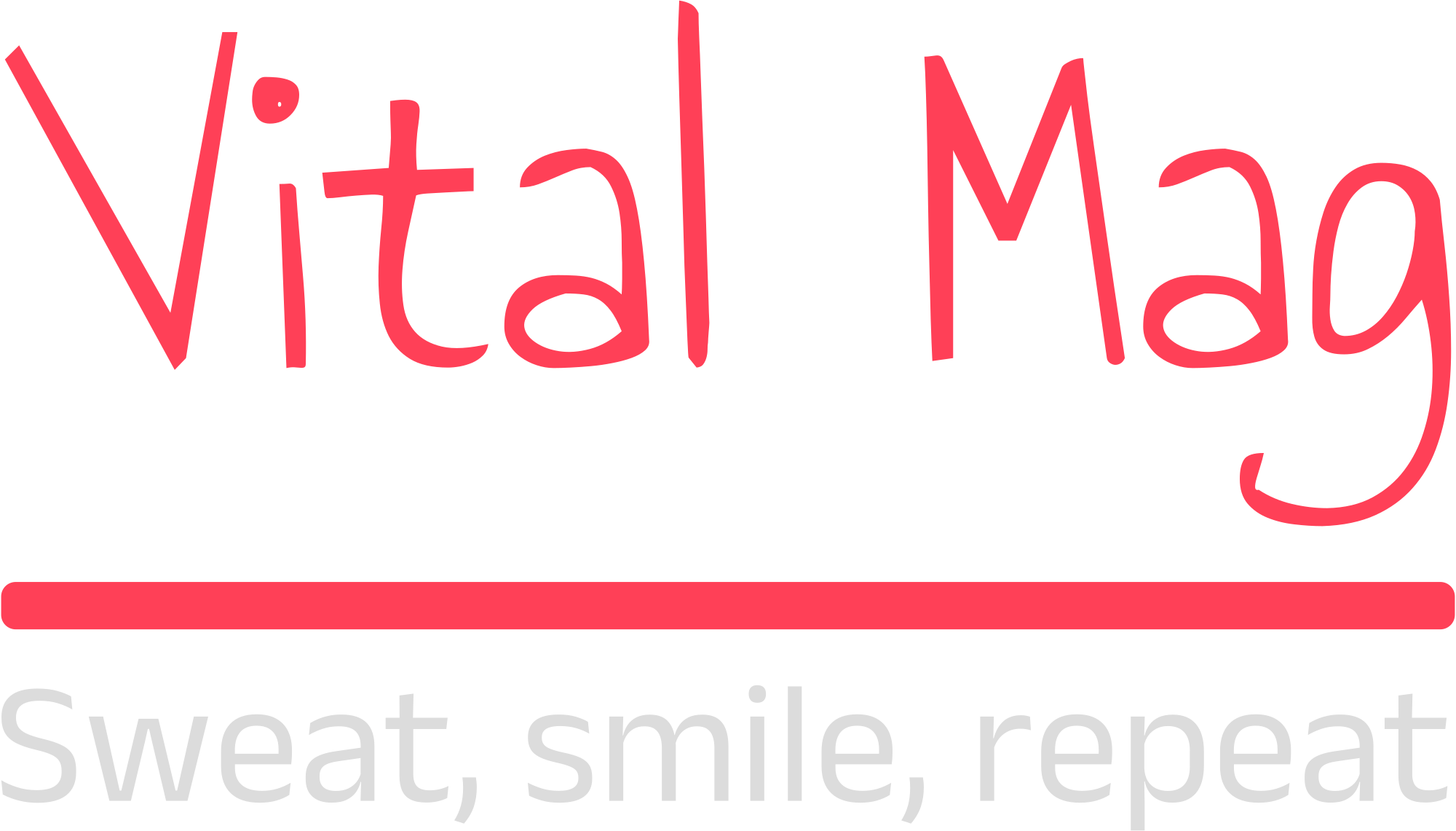Combining Ativan (lorazepam) and alcohol can create a dangerous and potentially lethal situation. Both substances depress the central nervous system, and their combined effects can lead to severe health risks. This article explores the hidden dangers of mixing Ativan and alcohol, the physiological impact on the body, the potential for addiction, and safer alternatives for managing anxiety and insomnia.
Understanding Ativan & Alcohol
Ativan: A Powerful Benzodiazepine – Ativan belongs to a class of medications known as benzodiazepines, commonly prescribed for anxiety, insomnia, and seizure disorders. It works by enhancing the effects of gamma-aminobutyric acid (GABA), a neurotransmitter that slows down brain activity. This results in a calming effect on the mind and body, making it useful for treating anxiety and inducing sleep.
Alcohol: A Widely Consumed Depressant – Alcohol, a widely consumed psychoactive substance, also acts as a central nervous system depressant. It affects the brain by increasing the effects of GABA and inhibiting glutamate, another neurotransmitter that excites the nervous system. This leads to relaxation, reduced inhibition, and, at higher doses, impaired motor and cognitive functions.
The Lethal Combo: Ativan & Alcohol
Amplified Depressant Effects: When Ativan and alcohol are consumed together, their depressant effects are amplified. This can lead to profound sedation, impaired coordination, and severe respiratory depression. The combined impact on the central nervous system can be unpredictable and dangerous, even at lower doses of each substance.
Respiratory Depression: One of the most critical risks of mixing Ativan and alcohol is respiratory depression. Both substances slow down the respiratory rate, and their combined effect can suppress breathing to dangerous levels. This can lead to hypoxia, a condition where the body is deprived of adequate oxygen, potentially resulting in brain damage or death.
Cognitive Impairment: The combination of Ativan and alcohol significantly impairs cognitive functions, including judgment, memory, and motor skills. This can increase the risk of accidents, injuries, and poor decision-making. The likelihood of engaging in risky behaviors, such as driving under the influence or taking excessive doses of either substance, also rises.
The Risk of Addiction
Psychological Dependence: Both Ativan and alcohol have a high potential for abuse and addiction. When used together, the risk of developing psychological dependence increases. Individuals may begin to rely on the combined effects to manage stress, anxiety, or insomnia, leading to a cycle of increasing use and dependence.

Physical Dependence and Withdrawal: Chronic use of Ativan and alcohol can lead to physical dependence, where the body adapts to the presence of both substances and requires them to function normally. Abrupt cessation can result in severe withdrawal symptoms, including anxiety, insomnia, tremors, seizures, and, in severe cases, delirium tremens. Medical supervision is often necessary to safely manage withdrawal from either substance.
Long-term Health Consequences
Liver Damage: Alcohol is known to cause liver damage, including fatty liver disease, hepatitis, and cirrhosis. The use of Ativan, particularly when combined with alcohol, can exacerbate liver damage. The liver metabolizes both substances, and the additional strain can accelerate liver deterioration, leading to severe health complications.
Mental Health Disorders: Long-term use of Ativan and alcohol can have detrimental effects on mental health. Chronic consumption of both substances can worsen anxiety and depression, leading to a vicious cycle of substance use to manage these conditions. Additionally, prolonged use can contribute to cognitive decline, memory loss, and other neuropsychiatric disorders.
Safer Alternatives for Managing Anxiety and Insomnia
Non-Benzodiazepine Medications: There are several non-benzodiazepine medications available that can effectively manage anxiety and insomnia with a lower risk of addiction. Selective serotonin reuptake inhibitors (SSRIs) and serotonin-norepinephrine reuptake inhibitors (SNRIs) are commonly prescribed for anxiety disorders. For insomnia, medications such as trazodone or non-benzodiazepine sleep aids like zolpidem (Ambien) may be recommended.
Cognitive Behavioral Therapy (CBT): Cognitive Behavioral Therapy (CBT) is a highly effective, evidence-based treatment for anxiety and insomnia. CBT focuses on identifying and changing negative thought patterns and behaviors that contribute to these conditions. It equips individuals with coping strategies and relaxation techniques that can provide long-term relief without the need for medication.

Lifestyle Changes: Incorporating healthy lifestyle changes can significantly improve anxiety and sleep quality. Regular exercise, a balanced diet, and maintaining a consistent sleep schedule can positively impact mental health. Mindfulness practices, such as meditation and deep breathing exercises, can also help reduce anxiety and promote relaxation.
In the End
The combination of Ativan and alcohol poses significant health risks, including amplified depressant effects, respiratory depression, cognitive impairment, and a heightened risk of addiction. Long-term use can lead to severe health consequences, such as liver damage and mental health disorders. Safer alternatives, including non-benzodiazepine medications, Cognitive Behavioral Therapy, and lifestyle changes, can effectively manage anxiety and insomnia without the dangers associated with mixing Ativan and alcohol. It is crucial to seek professional guidance and support when dealing with these conditions to ensure safe and effective treatment.

Meet Sally, the health blogger who believes that laughter really is the best medicine, except when it comes to treating a hangnail. Sally’s approach to wellness involves a healthy dose of humor, mixed with practical advice that doesn’t take itself too seriously. Whether she’s discussing the virtues of kale smoothies or her latest attempt at meditating without falling asleep, Sally’s blog is your go-to for a giggle and genuine health tips.

